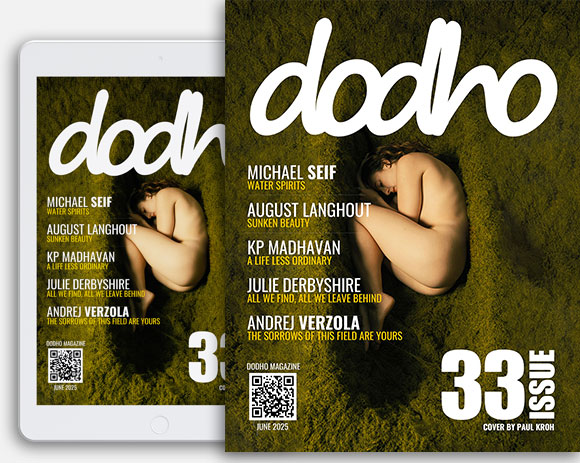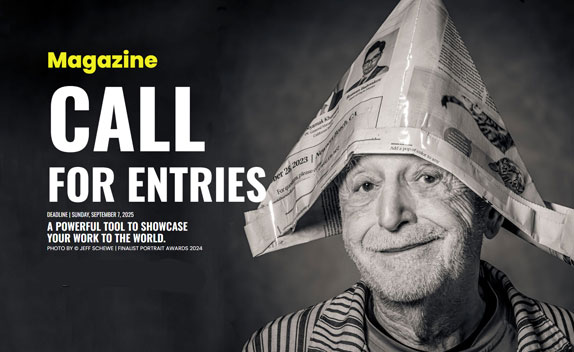During last year, I traveled several times to the most Western part of my home country – Kaliningrad region.
This land has a strange and mystical history. Before the World War II it was a part of Germany. As a result of the War, it branched forth to the Soviet Union and was artificially populated by the Soviet citizens.
People with a very hard destiny who came to reside in Kaliningrad region from all over the Soviet territory did not belong to this land. Right after the arrival they began to destroy the German legacy including architecture and historical artifacts. The roots of this aggression lay in the scars that war left in the hearts of people. At the same time immigrants had to adapt to new living conditions mentally and physically, to work and to raise children in Kaliningrad.
The aim of my trips to Kaliningrad region was to find out how the new generation of local people – children and induces of the first immigrants are connected to the land which was alien to their parents and grandparents. Or even are they connected to it at all?
I found the answer – it was a unique nature of these territories – sand, dunes, dancing forest and the Baltic sea. The nature is the part of the identity of people residing there despite their negation of the German legacy. They find mental peace in fusion with nature, listen to and ask advice of the sea, spend long time walking in the forest to think about future. I decided to photograph the people whom I accidentally met during my trip and the natural sacred places of each of them. As a result I formed diptychs which displayed the weakness, fragility and imperfection of human body and the power of mysterious nature of this region. Visual forms contradict with each other and live in harmony at the same time. The project was exibited in Fotografika gallery (Saint-Petersburg, Russia) in May – June 2016 and within the framework of International Uglich Photofestival 2017 (Uglich, Russia) in August 2017.

About Sergei Stroitelev
Born in Leningrad, Russia 26/06/1985. Sergei Stroitelev is a freelance documentary photographer based in Saint-Petersburg, Russia working on a regular basis with National Geographic Russia, VICE UK/USA, lenta.ru, Takie Dela, Bird in Flight, Open Russia, Meduza, Vokrug Sveta magazines / RIA novosti, Kommersant photos and Getty Images agencies as a stringer.
In 2014 Sergei graduated from U.A.Galperin School of Photojournalism of Saint-Petersburg with Golden Mark – award for the best diploma project which was dedicated to the revolution in Kiev. In 2014-15 he spent 10 months in Nepal cooperating with different non-governmental structures and organizations such as Red Cross Nepal, Nepal Leprosy Trust whilst executing projects covering human rights issues in the country – children with HIV, discrimination of leprosy affected people, human trafficking.
At the moment Sergei’s interests lie in the areas of contemporary society / new technologies, issue of identity of different groups of people, social problems in the modern world as racial prejudice and migration, aftermath of conflicts and natural disasters which he explores with the help of different visual languages and forms.
He is the awardee of the number of international contests. The most recent achievements are Jury’s Special Award at Humanity Photo Awards 2015, finalist of Manuel Rivera-Ortiz grant for documentary photography projects 2015, winner of Young Photographers of Russia festival 2014, 2015 and 2016, winner of Golden Pen award (contest for journalists based in Saint-Petersburg) 2014 and 2015 in the «Photo of the Year» nomination, 3rd place at Efremov and Stenin photocontests 2015 for the series «The Way» dedicated to the migrants crisis in Europe, Honorable mentions at Photography Grant 2016, 2017 and Fine Art Photographer of the Year 2016, finalist of Hellerau Portraits awards 2016, 2017, finalist of Direct Look photocontest 2016, grand prix at Non-accidental Witness photocontest 2016, winner of Luis Valtuena Humanitarian Photography Award 2016.
During the course of his practice Sergei is trying to experiment all the time whilst finding unique approach to each project he makes. Sergei is the curator and the author of the course – “Photography Without Stereotypes” in the Academy of Documentary Photography “Fotografika” (Saint-Petersburg, Russia).




















